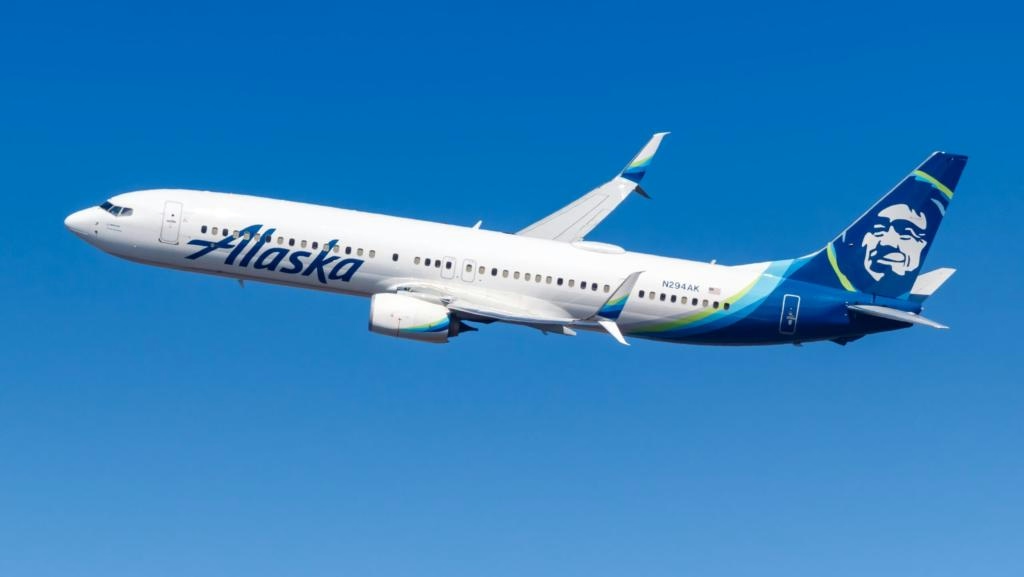AeroGenie — Ваш интеллектуальный второй пилот.
В тренде
Categories
NPA Denies Aviation Fuel Shortage, Assures Stable Supply

NPA Denies Aviation Fuel Shortage, Assures Stable Supply
The National Petroleum Authority (NPA) has categorically denied recent reports suggesting a shortage of Aviation Turbine Kerosene (ATK) in Ghana. In a statement issued on July 24, the Authority reassured stakeholders that the country’s aviation fuel supply remains stable and sufficient to meet current demand, emphasizing the robustness of the supply chain.
Infrastructure Repairs and Current Supply Status
The NPA highlighted that critical infrastructure repairs have been completed to prevent any disruptions in the distribution of aviation fuel. Engineers from the Ghana Petroleum Mooring Systems (GPMS) have successfully replaced 600 metres of pipelines dedicated to ATK discharge, working tirelessly around the clock to restore full operational capacity. The Authority commended the engineering team for their dedication and swift response.
At present, a vessel carrying 10,000 metric tonnes of ATK is actively discharging into national depots, with allocations of 6,000 metric tonnes to the Tema Oil Refinery (TOR), 1,500 metric tonnes to the Ridge Depot, and 4,500 metric tonnes to the PWSL depot. This supply is projected to last for approximately two weeks. Furthermore, two additional vessels are anchored and scheduled to offload their cargoes in the coming days, which will further bolster national reserves. The NPA also confirmed that tankers are currently loading at the Sahara Depot for delivery to the airport, underscoring the resilience and continuity of the supply chain.
Challenges and Global Context
While affirming the stability of the aviation fuel supply, the NPA acknowledged the broader challenges confronting the sector. These include the necessity to maintain a steady supply amid volatile global fuel prices, strict compliance with safety regulations, and the risk of operational disruptions. Recent international incidents, such as the downing of an Air India 787 and preliminary investigations prompting Boeing to conduct fuel switch inspections, have intensified global scrutiny on fuel reliability and safety protocols. These developments highlight the critical importance of securing a consistent and safe fuel supply, which is essential not only for uninterrupted operations but also for maintaining passenger confidence and meeting regulatory standards.
Market analysts observe that reports of fuel shortages can provoke increased vigilance from aviation regulators and raise concerns among passengers. Competitors within the sector may also adjust their fuel sourcing and pricing strategies in response to perceived risks, potentially impacting market dynamics.
Reaffirming Commitment to Energy Security
In closing, the NPA urged the media and the public to disregard any claims of an aviation fuel shortage. The Authority reaffirmed its commitment to ensuring energy security and the continuous availability of petroleum products throughout Ghana. Describing the current situation as a “strong signal that the supply chain remains intact and resilient,” the NPA pledged to maintain ongoing efforts to guarantee the reliability and safety of aviation fuel supplies nationwide.

Factors Positioning Airbus for Leadership in 2026

Emirates Unveils Cabin Design for New Boeing 777X

Eighteen Years On, the Airbus A380 Remains Central to a $34 Billion Airline

How a boom in luxury airline seats is slowing down jet deliveries

Navitaire Outage Attributed to Planned Maintenance

Airbus Plans Record Delivery of 870 Aircraft in 2026

DigiYatra Debuts Outside Aviation at India AI Impact Summit

Vietnam Orders Strengthen Boeing’s Commercial Outlook

Airbus Signals Uncertainty Over Future A400M Orders

JobsOhio Awards $2 Million Grant to Hartzell Propeller for Innovation Center
